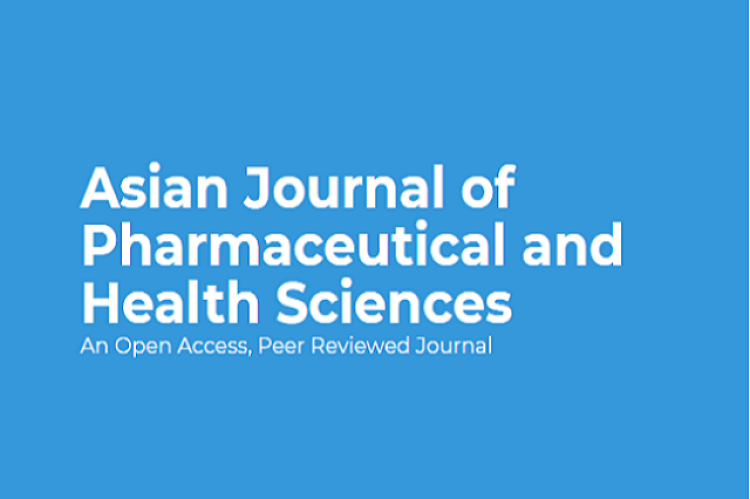Chronic kidney disease (CKD) in Endstage renal disease (ESRD) state face complex medication routines, increasing risk of non-compliance and drug-related problems. This work aimed to correlate between medication adherence and quality of life in haemodialysis undergoing patients. A prospective, observa- tional, comparative single centre study was conducted in hemodialysis department of a tertiary care teaching hospital. Pre- post data of medication adherence of hemodialysis patients was evaluated by specially designed and validated questionnaire and quality of life was evaluated by KDQOLSF 36. Karl-pearson correlation coefficient was used to find correlation between medication adherence and quality of life. There were 74 patients in study group with mean age 58.95±10.09 years and there was a male preponderance of 50(67.6%) patients. About 60(81.1%) patients were undergoing dialysis twice a week. There was remarkable improvements in scores comapered to baseline (mean ± SD) of medication adherence ( 5.6±2.11 to 8.8±1.41), overall quality of life (1321.4±394.06 to 2467.4±268.72). Pearson correlation coefficient shown a significant positive correlation between medication adherence and quality of life (0.230). There were improvements in both medication adherence as well as overall quality of life in post test and this improvement might be due to the additional care given by the clinical pharmacists as it was the only additional medicine related care given to the study sample during the study period. Due to heavy patient load doctors may not get enough time to explain in detail about each drugs and importance of adherence to treatment to manage concomitant diseases and complications of chronic kidney disease this gap can be filled by clinical pharmacists.
View:
- PDF (618.68 KB)


